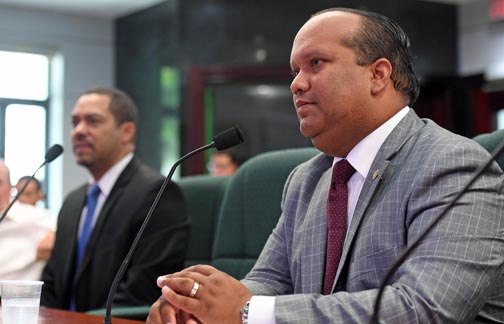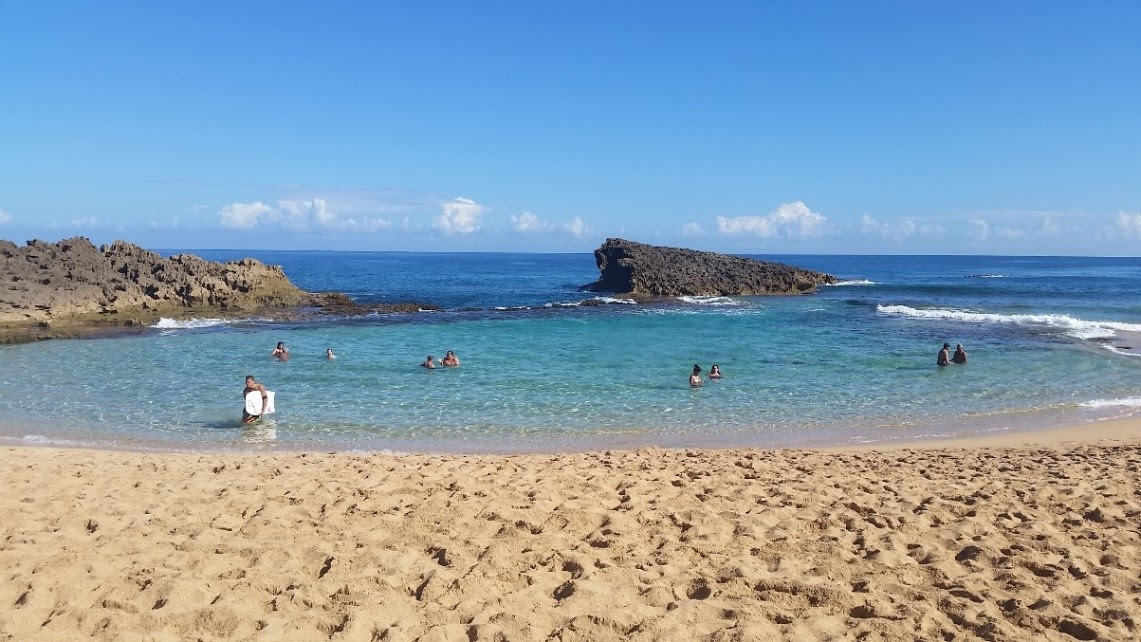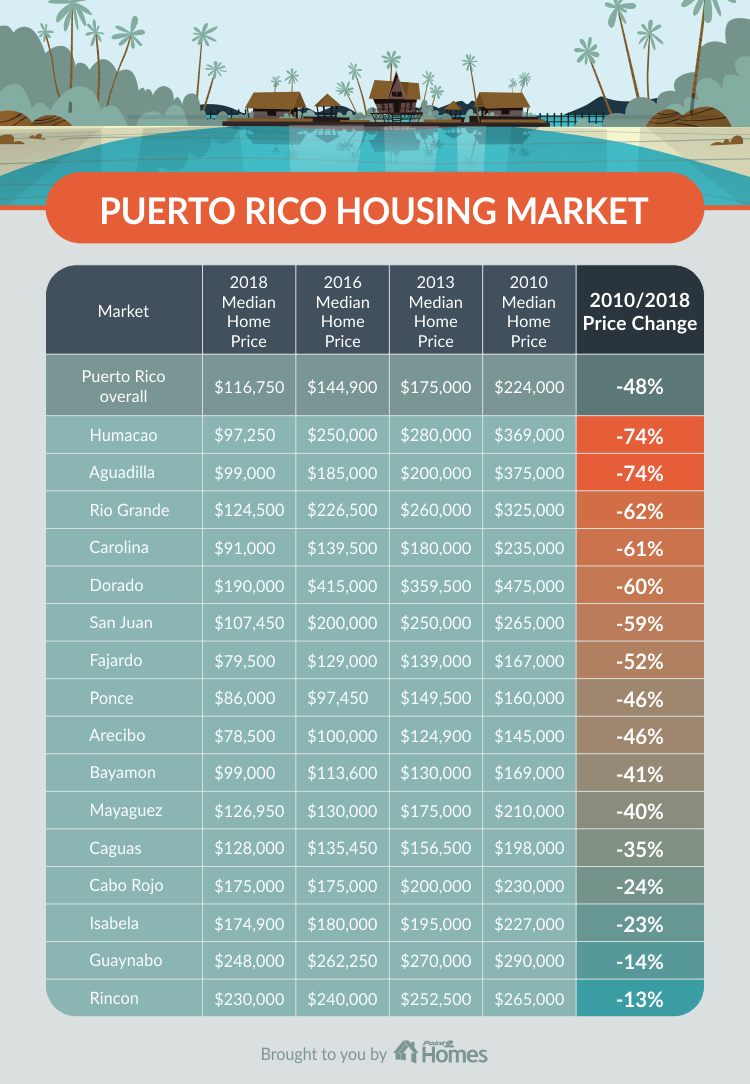Economists, execs agree repealing Law 80 will create new jobs in P.R.


David Rodríguez, representing the Puerto Rico Chamber of Commerce, offers testimony.
Executives, heads of private trade organizations and economists expressed their support of House Bill 1634, which proposes the repeal of Law 80, during the second day of public hearings at the Puerto Rico House of Representatives.
The bill seeks to implement the agreement reached by Gov. Ricardo Rosselló with the Financial Oversight and Management Board for Puerto Rico to ensure the permanence of the Christmas Bonus for public and private employees, as well as vacation pay and sick leave for private-sector workers.
Rosselló has noted that the agreement is not perfect, but it is “the most beneficial route for Puerto Rico, as it eliminated uncertainty and ensures the most important rights for the working class.”
Carlos R. Paula, representing the Puerto Rico Manufacturers Association, said “the PRMA supports all Government’s efforts aimed at promoting economic and social development, and creating conditions that favor additional job creation.”
“Because we believe the repeal of Law 80 promotes the goal of making our jurisdiction more competitive, and that the proposal is a key component of the agreement between the government and the Oversight Board, the PRMA supports the general approach and purpose outlined in House Bill 1634 as presented by the governor,” he added.
The PRMA represents manufacturing companies that generate 48 percent of Puerto rico’s Gross National Product.
Furthermore, the PRMA also said the repeal of Law 80 will not cause the dismissal of private-sector employees, because “a business person will not only lay off employees just because there is no Law 80.”
Meanwhile, David Rodríguez, representing the Puerto Rico Chamber of Commerce, supported the repeal of Law 80 and said “the pile-up of labor laws in Puerto Rico is a real obstacle to the creation and retention of jobs and has contributed to becoming an unattractive place for the kind of investment that creates jobs.”
In his testimony, United Retailers Association President Nelson Ramírez added “Puerto Rico’s labor laws are a straitjacket for companies.”
He added that the repeal of Law 80 “represents the best alternative for Puerto Rico’s full economic development, and the creation of more and better jobs.”
For his part, Emilio Colón-Zavala, president of the Puerto Rico Builders Association, supported the repeal of Law 80 to attract investment and said “we believe that with the repeal of Law 80, private-sector employees are not deprived of the various protections provided by special labor laws, through several forms of discrimination and the different causes of action recognized in the current legal system.”
As the Puerto Rico Senate approved Bill 1011 to repeal Law 80 of 1976 last month, with a number of amendments, the Financial Oversight and Management Board for Puerto Rico released a 2,000+ page document on labor reform, that called the long-standing mandate “part of the problem,” as this media outlet reported.
In its analysis, the federally appointed body listed a number of current laws that protect employee rights.
At the hearing conducted by the House Government Affairs Committee, witnesses agreed Lufthansa represented the best example of how inserting flexibility into labor legislation has the potential to achieve the creation of better paying jobs.
Through Law 32 of 2014, the aircraft maintenance, repair and refurbishment industry was exempted of certain labor laws to ensure the company’s establishment in Puerto Rico, rather than Mexico.
During the House hearing, the two economists who testified agreed that the repeal of Law 80 will allow economic growth in Puerto Rico by attracting jobs in a globalized and competitive economy.
Economist Vicente Feliciano said Law 80 impedes economic growth as the island is not competitive compared to other states and the world. He also highlighted other jurisdictions where flexible labor laws are resulting in economic growth.
Meanwhile, Economist Rafael Romeu — who has worked at the International Monetary Fund and holds a doctorate degree in Finance — explained that the repeal of Law 80 is needed to achieve economic growth by aligning Puerto Rico’s labor market with other U.S. jurisdictions with which it competes.










